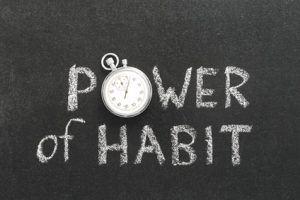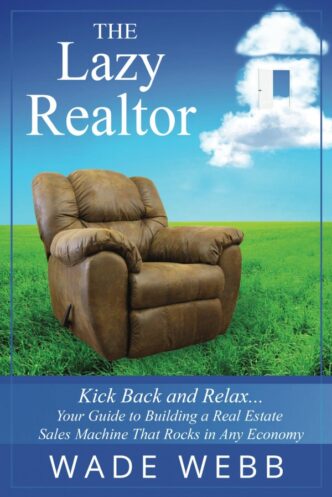
The 70/30 Rule
After you pay your fair share of taxes, learn to live on 70 percent of your after-tax income. These are the necessities and luxuries you spend money on. Then, it’s important to look at how you allocate your remaining 30 percent. Let’s allocate it in the following ways:
Charity
Of the 30 percent not spent, one-third should go to charity. Charity is the act of giving back to the community and helping those who need assistance. I believe contributing 10 percent of your after-tax income is a good amount to strive for.
The act of giving should be taught early, when the amounts are small. It’s pretty easy to take a dime out of a dollar. But it’s considerably harder to give away a $100,000 out of $1 million. You say, “Oh, if I had $1 million, I’d have no trouble giving $100,000.” I’m not so sure. $100,000 is a lot of money. Start early so you’ll develop the habit before the big money comes your way.
Capital Investment
With the next 10 percent of your after-tax income, you’re going to create wealth. This is money you’ll use to buy, fix, manufacture or sell. The key is to engage in commerce, even if only on a part-time basis.
So how do you go about creating wealth? There are lots of ways. Let your imagination roam. Take a close look at those skills you developed at work or through your hobbies; you may be able to convert these into a profitable enterprise. You can also learn to buy a product at wholesale and sell it for retail. Or you can purchase a piece of property and improve it. Use this 10 percent to purchase your equipment, products or equity—and get started. There is no telling what genius is inside you waiting to be awakened by the spark of opportunity.
Savings
The last 10 percent should be put in savings. I consider this to be one of the most exciting parts of your wealth plan because it can offer you peace of mind by preparing you for the “winters” of life. Let me give you the definition of “rich” and “poor”: Poor people spend their money and save what’s left (if any). Rich people save their money and spend what’s left.
Twenty years ago, two people each earned a $1,000 a month and they each earned the same increases over the years. One had the philosophy of spending money and saving what’s left; the other had the philosophy of saving first and spending what’s left. Today, if you knew both, you’d call one poor and the other wealthy.
So, remember that giving, investing and saving, like any form of discipline, has a subtle effect. At the end of the day, the week, the month, the results are hardly noticeable. But let five years lapse and the differences become pronounced. At the end of 10 years, the differences are dramatic.
And it all starts with the same amount of money—just a different philosophy.
Strength and courage,
Wade
https://plus.google.com/u/2/113259707478722993209/posts/4U9fvG9Lsqk



